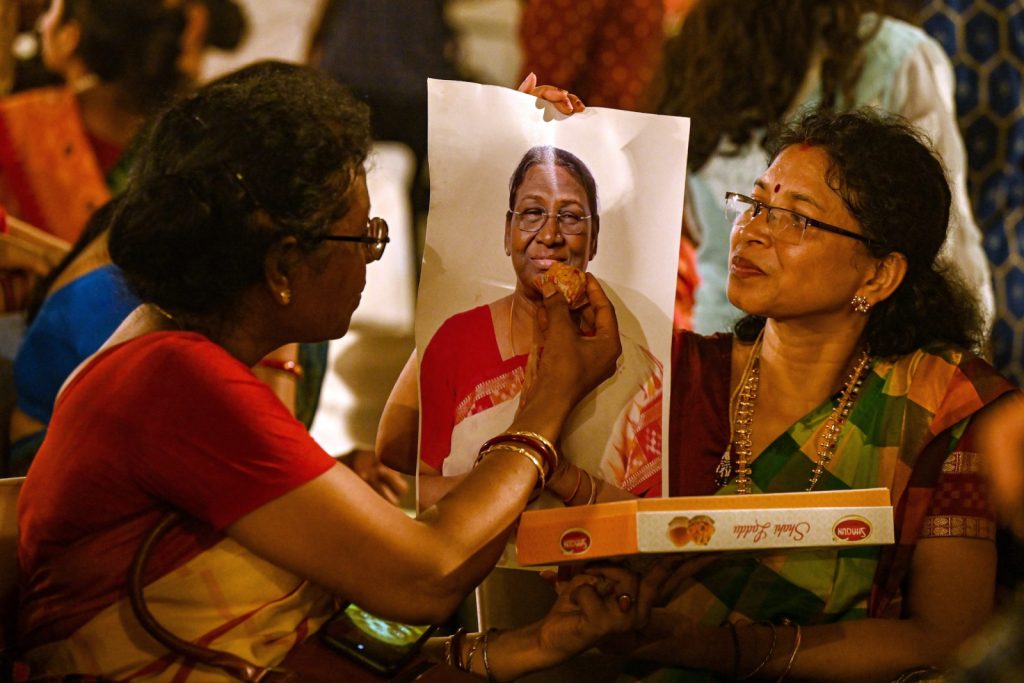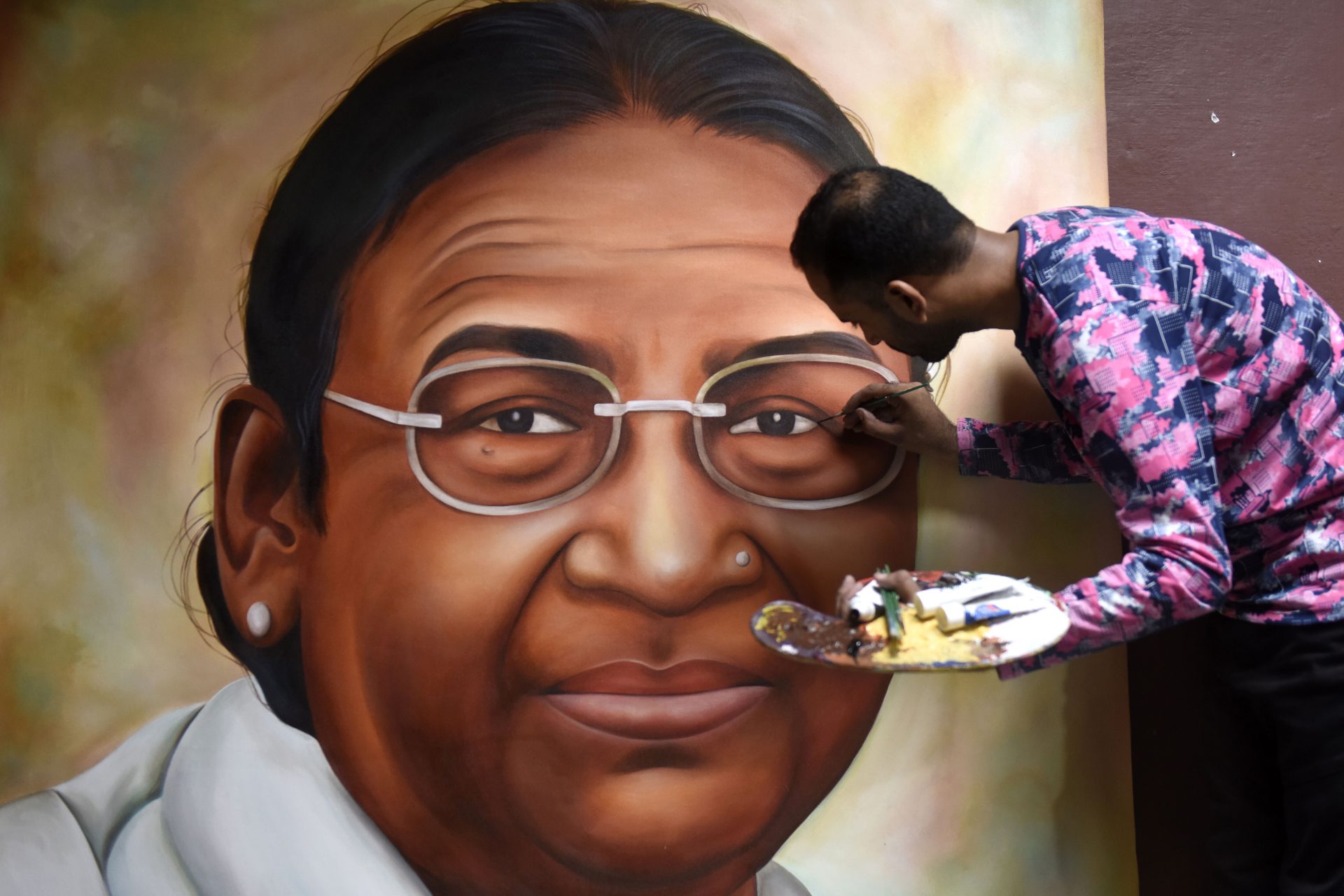Several Catholic religious leaders in India welcomed the election of Droupadi Murmu as the country’s president on Thursday.
Murmu, 64, a member of the Santhal tribe, will be the country’s second woman president after Pratibha Patil, who held the position for five years from 2007, and succeeds Ram Nath Kovind, the second president from the Dalit community, the bottom of the Hindu caste system.
“We have a lot of expectations from her,” said Father Nicolas Barla, Secretary of the Office for Tribal Affairs of the Catholic Bishops’ Conference of India. “We hope she will do everything possible to protect tribal rights,” he added.
The priest said that as a tribal person who holds the highest office of the land, Murmu should see to it that laws enacted to uplift the life of tribals are implemented “in letter and spirit.”
Archbishop John Barwa of Cuttack-Bhubaneswar said he is “happy and grateful” that with the election of Murmu “the tribals (who have been) neglected are being recognized.”
“As a woman president, we expect her to have a heart of a woman, and like a mother who loves all her children equally to care for all the citizens not only the tribals,” said the prelate.
Archbishop Barwa, however, said the president’s “special concern” should be the situation of the tribals whose situation has not improved. “They continue to be marginalized and excluded,” said the prelate.
Dayamani Barla, journalist and tribal rights activist, said Murmu’s election is a “matter of pride for us.”
“We have lots of expectation from her, foremost being that she stop the corporate land grab in the name of mining,” said Barla.
“If she is sincere to the tribals, she should stop the violation of laws enacted to help them,” he added. “She should help us retain our land. Our fight is for ‘jal, jungle, jameen’ (water, forest and land),” said Barla.
“We are inhabitants of forest lands but now we are being evicted and the land given to corporations for purposes of industrialization in gross violation of laws,” he said.

A retired government worker, Mukta Nirmala Toppo, said she is not optimistic of Murmu’s victory. “[She] will just be a puppet in the hands of the government. She will do nothing,” Toppo said.
She said the ruling party, the Bharatiya Janata Party, first made a Dalit, Ram Nath Kovind, president, “now they have selected a tribal and woman for the post to show that this is ‘not mere tokenism but true gender and social justice.'”
“Tell me what did President Kovind do to help Dalits. Did he raise his voice against atrocities against them. There were thousands of incidents of crimes against Dalits across the country last year alone,” said Toppo.
Father Barla, however, said that Murmu’s election offers “hope for a neglected community that has not participated in mainstream.”
“She would be a catalyst for change by just merely occupying the high office,” said the priest.
Murmu, the former governor of Jharkhand, will be sworn into office on July 25.
Born in the village of Baidaposi in the Mayurbanj district of Odisha on June 20, 1958, Murmu belongs to the Santhal tribe. She is also the first from Odisha to hold the office.
Murmu worked as an assistant teacher and a junior assistant in Odisha state irrigation department before joining politics.
She started her political career with the Bharatiya Janata Party in 1997, working as a councilor in Rairangpur, Odisha. She was elected twice to Odisha state legislative assembly and also served as a cabinet minister from 2002-2004 in the then-coalition government.







